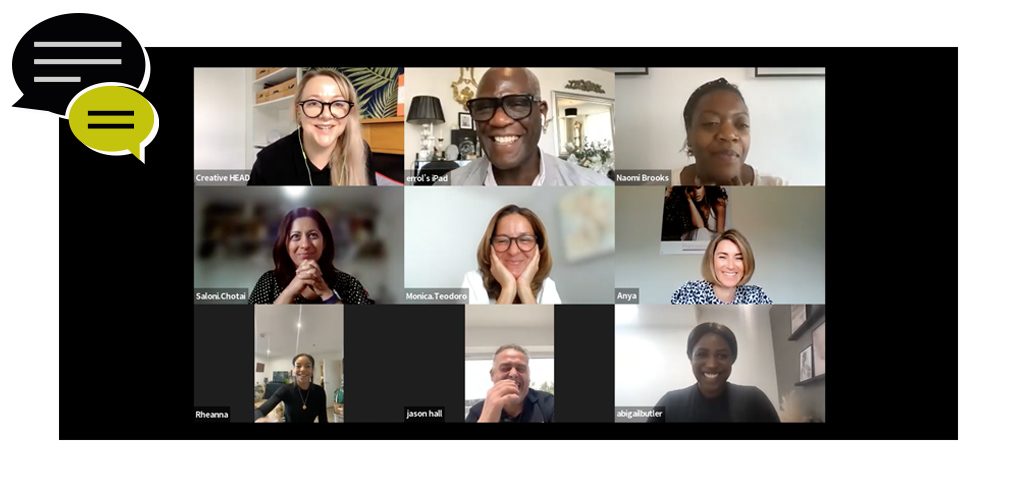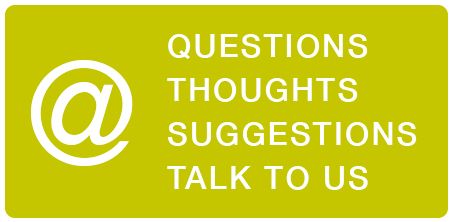
Texture Equality Roundtable Talk: Salon Smart HUB Business Breakfast
Hosted by Creative HEAD editor, Amanda Nottage and in partnership with L’Oréal Professionnel Paris, on Tuesday 7 June, hair professionals from across the UK came together via Zoom for another infamous Salon Smart HUB Business Breakfast discussion.
Breakfast goody boxes in tow, our group of leading hair professionals sat down to share their opinions, insight and learnings on the topic of texture equality within the industry.
An undeniably frustrating subject matter, the conversation clearly showcased there is still a long way to go in ensuring equal representation and services across all hair types. However, out the dismay and disappointment came some clear actionable areas where improvements could and should be made.
These were the stand-out soundbites from the roundtable talk…
WHERE’S THE EDUCATION?
“It all comes back to education…there’s got to be some sort of standard to ensure everyone can work with all hair and to a high level. At the moment, the sad truth is the majority can only tick all boxes on all the levels when they’re working on non-textured, straight hair” – Anya Dellicompagni
“I learned from doing hair at fashion weeks. The models themselves would tell me what products to use and so on, and then I would work and educate myself as best as I could, but there was very little out there back when I was learning. Now, I feel there is certainly more [education], but there’s further to go. I still don’t personally have the skills and knowledge of that ‘next level’ in doing textured hair and so I feel, that is certainly where the education needs to come in” – Jason Hall
“It’s up to the employer or the hairdressers on the high street to make a change. We employ these people so we should be teaching them, it must come at grassroots. The colleges can come later. This is about education on all levels and nothing else” – Errol Douglas
PRODUCT POWER
“It took me six years to research and develop my products and launch my range, but I see so many brands going into the afro market, doing no research, just a quick way to make some money, and they don’t really care. They are selling all these products that have barely even been tested…However, if they were to work with a specialist, who actually knows about the hair type and consult on how to make these products better, then it could be a different story” – Charlotte Mensah
“Unfortunately, there aren’t a lot of product ranges coming out in afro hair ranges that have the correct technology; there’s a lot of heavy ingredients and a misunderstanding of people’s hair. In my opinion there are little to no good leading ranges covering all hair types” – Rheanna Wood
“The majority of my afro hair clients will buy at least £200 worth of products –they buy three or four products from one visit, and that is the truth…there’s a huge market that hairdressers are missing out on by not catering to everyone” – Errol Douglas
DON’T FORGET CULTURE AND HISTORY
“When we talk about education, we really need to talk about the history, too – it’s so important to give the people learning more confidence. They need to understand the struggle of getting to this point and when a consumer comes to your salon, you need to understand why someone is smoothing their hair or having the big chop. This knowledge is key to connecting with clients” – Abigail Butler
“I’ve had a lot of hairdressers ask me: ‘if I do learn, will people come to me and sit in my chair?’, and I tell them probably not at first, because you need to understand the culture and history too – it’s a lot about that as well; learning what is right to say and truly understanding” – Rheanna Wood
CHANGE COMES FROM THE TOP
“Everyone’s saying ‘inclusivity’ and ‘diversity’, but they’re just ticking boxes, there’s nothing really happening…We need to do better and see change from the people at the top. Once there’s representation at the top – stuff happens. Currently, there just isn’t” – Charlotte Mensah
“There needs to be something set by people high up in education, to ensure textured hair education is mandatory throughout either colleges, academies or apprenticeships, to make proper progress” – Anya Dellicompagni
PROGRESS TO BE MADE
“If people don’t want to learn and understand, then it’s never going to change. Currently, the bigger picture is that we’re just putting a plaster over a crack – we’re not getting to the root of the problem” – Naomi Brooks
“There’s a deeper learning that must take place in order to understand this topic. Most hairdressers will use the wrong brush, use the wrong heat on the hair; it’ll break, and they won’t understand why, they won’t moisturise and hydrate the hair – the list just goes on” – Errol Douglas
“Education will come, but there’s so much more to it – you have still got to use your brain and want to do it and seek out these people and these heads of hair and work it out, just like everyone did when training with European hair” – Rheanna Wood
Throughout the conversation, there was one line that was frequently repeated: “If you’re calling yourself a hairdresser or running a salon business then you need to be able to do and welcome ALL types of hair – that’s it”. So, the question is, should YOU as a salon or barber shop owner be taking better steps?

